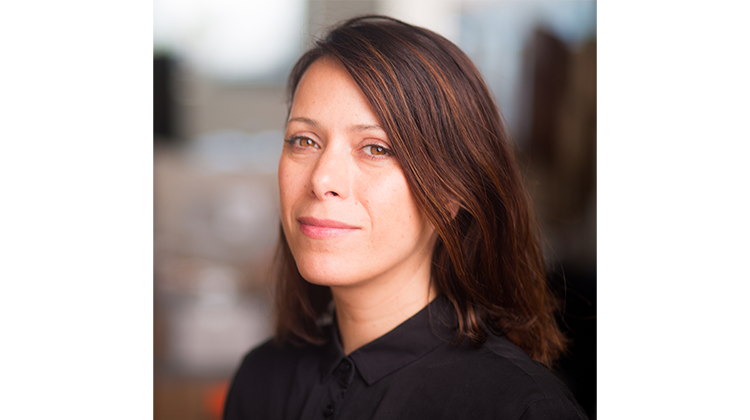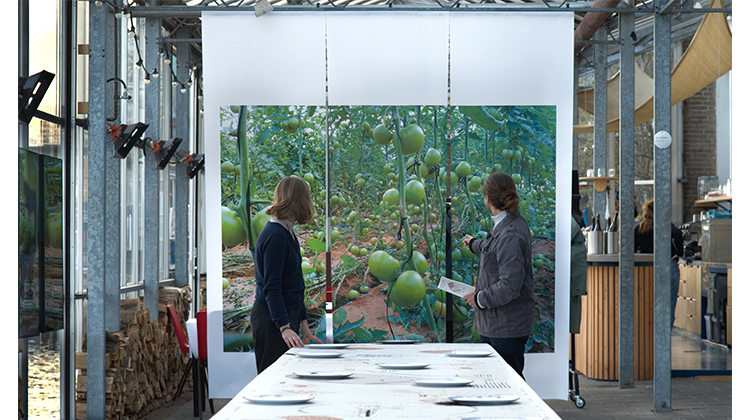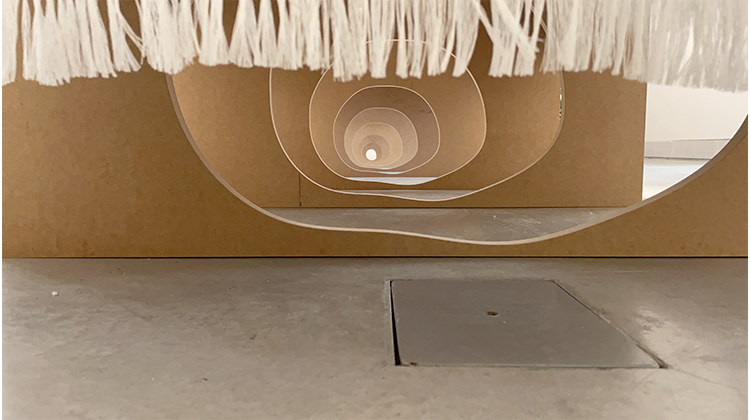Design Activism: Border Ecologies and the Architecture of UN Missions

Image courtesy of Malkit Shoshan

Image courtesy of Malkit Shoshan

Image courtesy of Malkit Shoshan
Malkit Shoshan
Design Activism: Border Ecologies and the Architecture of UN Missions
Presented with the Art, Culture, and Technology Program
In the past decade, the Foundation for Achieving Seamless Territory (FAST), led by Malkit Shoshan, spearheaded several experimental projects at the intersection of design and activism.
The lecture will explore if and how design can mobilize social and cultural change by making visible suppressed and hidden realities focusing on two case studies: The Silver Lion-winning presentation of Border Ecologies and the Gaza Strip at the Venice Architecture Biennale, which traces the daily struggle of a small community of farmers living along one of the most militarized borders in the world, and the project BLUE: The Architecture of UN Peacekeeping Missions (Actar, 2023), which examines the impacts of United Nations missions on cities, communities, and the environment. FAST's projects question the legitimacy and effectiveness of the institutions society put in place to support communities across the world in times of crisis.
FAST's cross-disciplinary and multiscalar projects deploy various design, research, engagement, and advocacy strategies. As they share insights into the precarity of daily life and the struggle to confront entrenched bureaucracies, they question the goals and effectiveness of powerful institutions and ask, among others, if and how public institutions can be shaped to center social and environmental justice and care.
Lectures are free and open to the public. Lectures will be held Thursdays at 6 PM ET in 7-429 (Long Lounge) and streamed online unless otherwise noted. Registration required to attend in-person. Register here or watch the webcast on Youtube.
Malkit Shoshan is a designer, author, and educator. She is the founding director of the Foundation for Achieving Seamless Territory (FAST), which initiates and develops projects at the intersection of architecture, urban planning and human rights. In her work, she uses spatial design tools to make visible systemic violence, engage with various publics to co-design alternatives that center social and environmental justice, and advocate for systemic change.
Shoshan is the area head of Art, Design, and the Public Domain Master in Design Studies, a design critic in Urban Planning at Harvard University's Graduate School of Design, and a visiting scholar at NYU's Institute for Public Knowledge. She is the author and mapmaker of the award-winning book Atlas of the Conflict, Israel-Palestine (010 Publishers, 2011), the co-author of Village. One Land Two Systems and Platform Paradise (Damiani Editore, 2014), and the author and illustrator of BLUE: The Architecture of UN Peacekeeping Missions (Actar, 2023). Her additional publications include Zoo, or the letter Z, just after Zionism (NAiM, 2012), Drone (DPR-Barcelona, 2016), Spaces of Conflict (JapSam books, 2016), Greening Peacekeeping: The Environmental Impact of UN Peace Operations (IPI, 2018), and Retreat (DPR-Barcelona, 2020). Her work has been published and exhibited internationally. In 2021, she was awarded, together with FAST, the Silver Lion at the Venice Architecture Biennale for their collaborative presentation Border Ecologies and the Gaza Strip.


